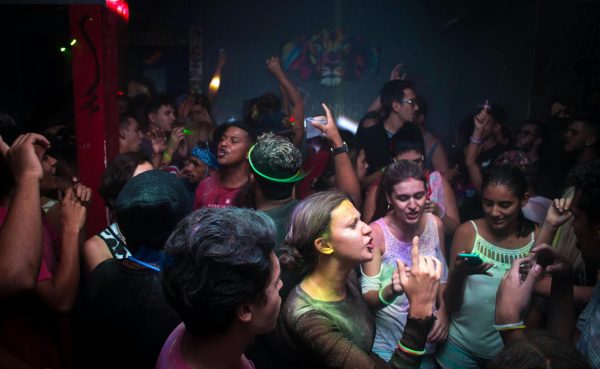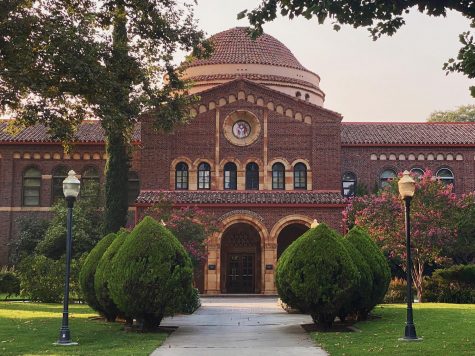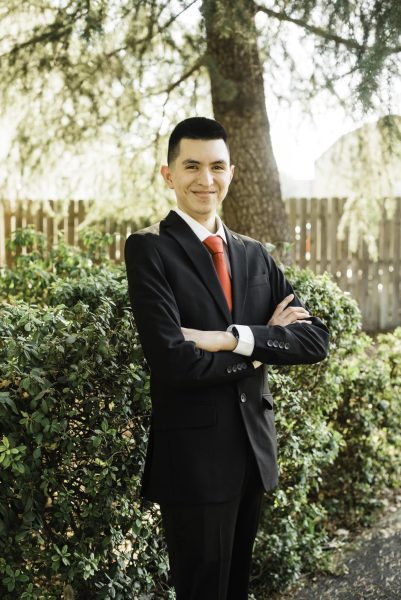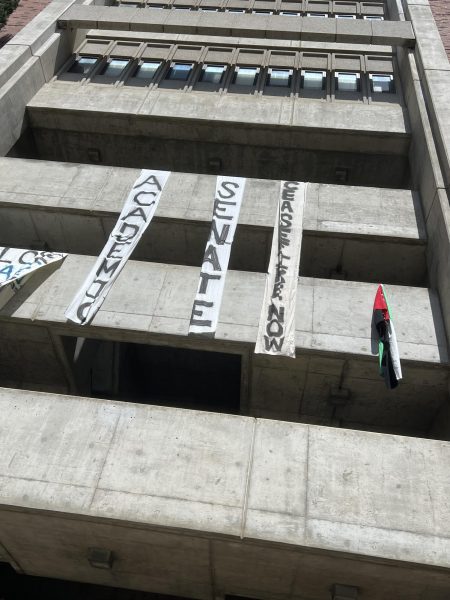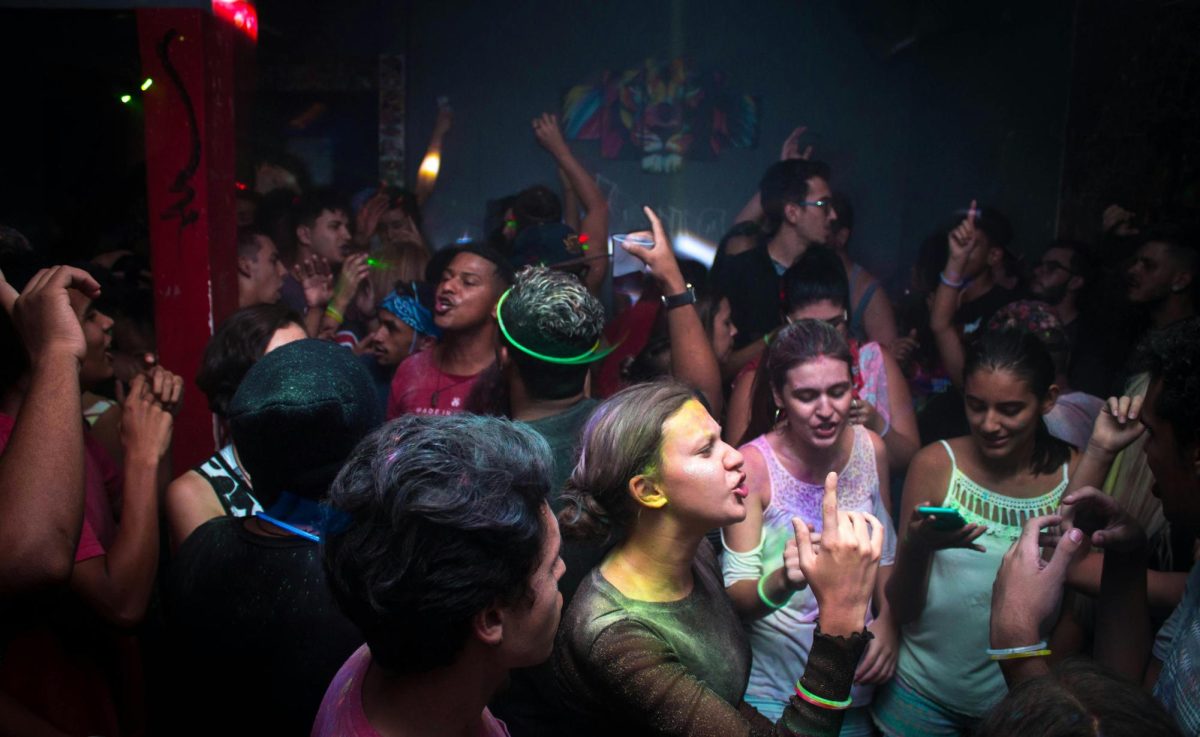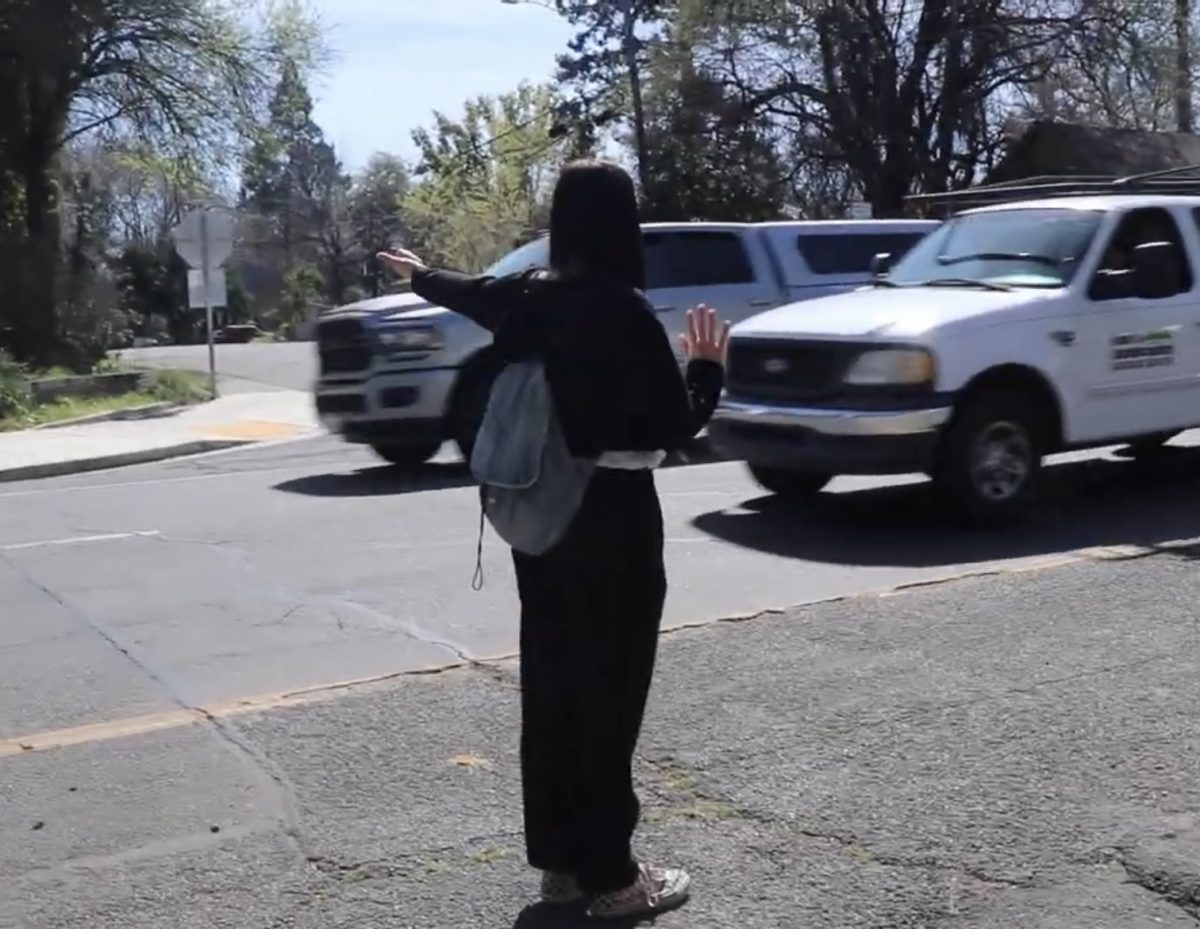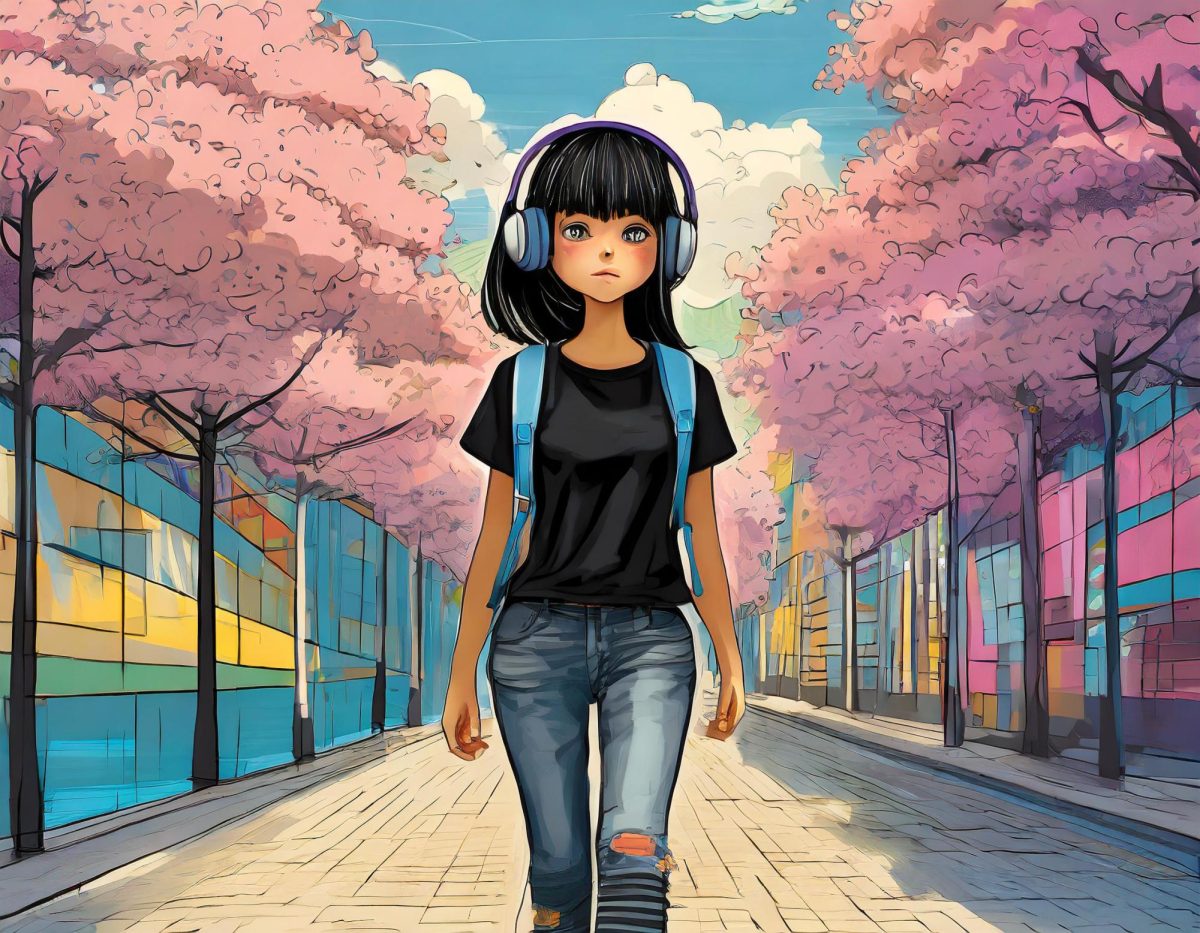Last week, Beyoncé released her most recent and extremely controversial “Formation” music video that seems to be rubbing people the wrong way. The video was released Saturday, Feb. 6 and she performed the song at the Super Bowl halftime show on Feb. 7.
The video received heavy backlash from people who described it as “anti-police,” believing it to be a hate statement against the police force. However, the video preaches anything but hate. Queen B gives a personal look at black Americans and the identities and backgrounds of their southern culture.
The “Formation” video was portrayed very powerfully (in typical Beyoncé fashion), with moving images and clips such as the flooding in New Orleans after Katrina, police lines/weapons and rundown neighborhoods. All of these visuals added to the impact of the statement Beyoncé made: black culture and background is important and deserves recognition.
A large minority in America was represented in this video, and it gave voice to the black American women of the south who are all connected through their identities and backgrounds. Beyoncé celebrated the southern black culture (including her own) by promoting an honest portrayal of the different types of female African-Americans.
I think people may have reacted to “Formation” with a little too much sensitivity, and are giving the video backlash that it just doesn’t deserve. Beyoncé had no intention of promoting police hatred or anti-police sentiment – she made the video to represent black female pride and culture.
Artists and performers release videos every day that are tremendously more offensive than the “Formation” video. Beyoncé simply gave a small amount of attention to a very relevant issue in today’s society – police brutality against African-Americans. It’s been an ongoing problem seen all over the news and media, and as an African-American, Beyoncé probably felt compelled to pay some homage to the hardships of her culture.
Audiences chose to completely misread this video of empowerment and reflection of a demographic that generally goes unnoticed. It’s unfortunate that such a powerful video was taken in such a negative way and turned against someone who attempted to make people feel respected and proud.
Emma Vidak-Benjamin can be reached at [email protected] or @gnarlyemma on Twitter.
